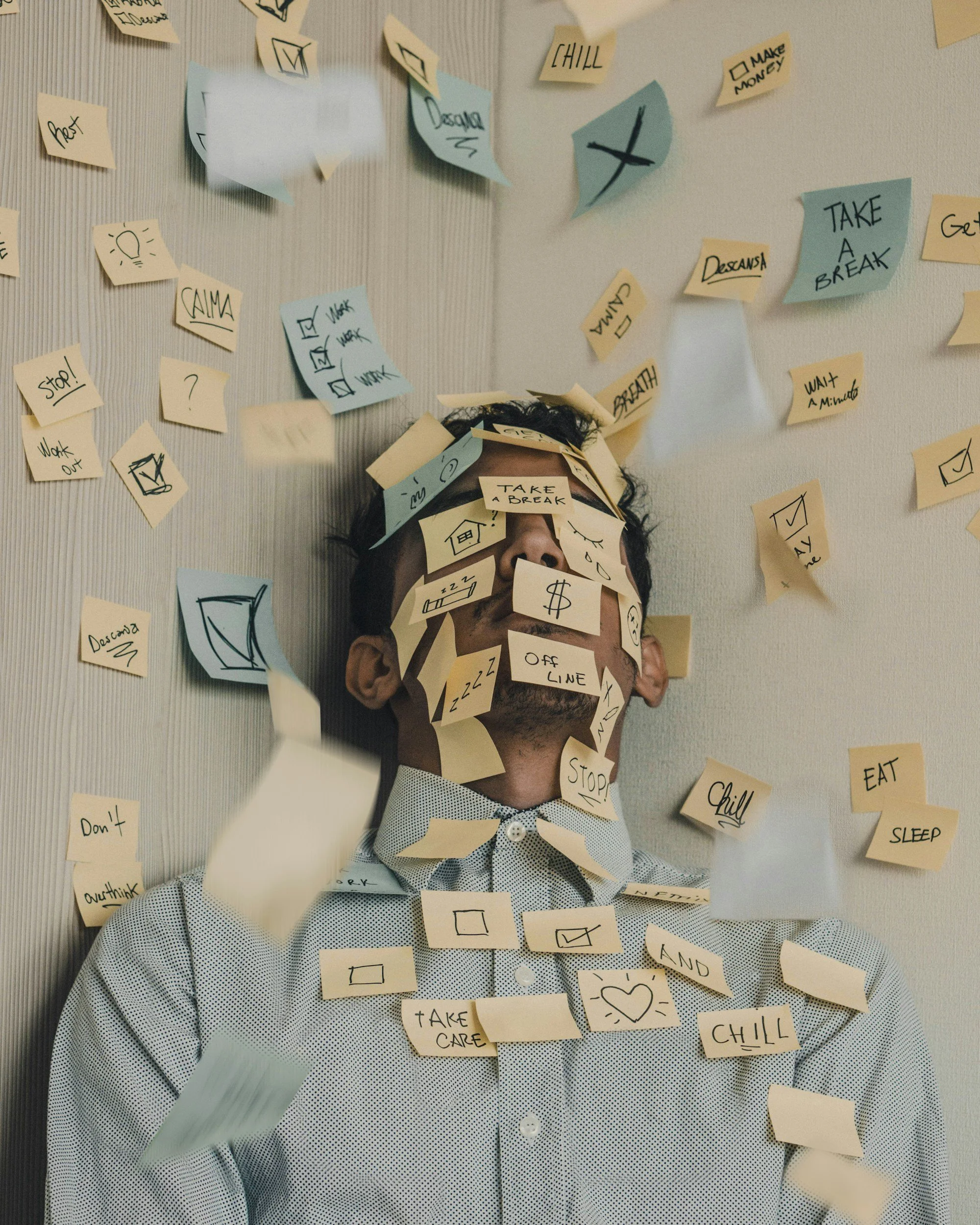Dealing with stress and anxiety is a challenge for everyone, but for those in recovery, these feelings can be especially difficult. In the past, many turned to substances like drugs or alcohol as a quick fix to cope. However, finding healthier, sustainable ways to manage stress is crucial for maintaining long-term sobriety. At Miracles Happen Recovery Residence, we understand how important it is to develop new strategies for handling life’s challenges, and we’re here to help guide you toward effective coping mechanisms that don’t involve turning back to old habits.
Recognizing Stress and Anxiety Triggers
One of the first steps in managing stress is recognizing the things that trigger it. Whether it’s personal relationships, financial strain, or day-to-day responsibilities, identifying what makes you feel overwhelmed can help you prepare for how to deal with it. Recovery is about breaking old cycles, and that includes learning how to respond differently to stressful situations.
When triggers arise, they can ignite feelings of anxiety, making it easy to slip back into unhealthy coping mechanisms. But remember, stress is a natural part of life, and anxiety doesn’t have to control you. By recognizing these feelings for what they are, you can develop healthier ways to handle them. The key is to remain proactive about your mental health and find alternative methods of coping.
Healthy Coping Mechanisms in Recovery
Physical Activity
Exercise plays a significant role in reducing stress and anxiety. Regular physical activity releases endorphins, natural chemicals in your brain that boost your mood and relieve tension. Whether it’s going for a jog, lifting weights, or simply taking a walk, exercise can be a great outlet for managing stress.
At Miracles Happen Recovery Residence, we encourage daily movement because it not only helps regulate mood but also provides structure to your day. Physical fitness can create a sense of accomplishment and even help you sleep better at night — both essential for reducing anxiety and maintaining a clear mind.
Relaxation Techniques
Practicing relaxation techniques is another way to ease your mind when stress levels rise. Meditation, mindful breathing, and yoga are all effective tools to calm your body and focus your mind. Meditation allows you to focus on the present moment, helping to quiet the racing thoughts that often accompany anxiety.
Slow, mindful breathing can help you stay grounded during moments of intense stress. The beauty of this technique is its simplicity — you can practice it anytime, anywhere! Taking deep, controlled breaths slows your heart rate and signals your brain to relax, which can be especially helpful when you feel anxiety creeping in.
Nutrition and Self-Care
It’s easy to forget the role that diet plays in managing stress. Eating balanced meals that are rich in vitamins and nutrients can naturally boost your mood and energy levels. Dehydration, too much caffeine, or a lack of essential nutrients can exacerbate anxiety, so it’s important to be mindful of what you consume.
In addition to nutrition, other self-care practices like getting enough sleep, setting aside time for relaxation, and taking care of your personal hygiene are vital. When you feel good physically, it’s much easier to handle stress mentally.
Building a Strong Support System
Recovery is never something you have to go through alone. Surrounding yourself with a strong support system can make all the difference when it comes to managing stress and avoiding relapse. Checking in with your support network, whether it’s family, friends, or fellow members of your recovery community, helps keep you grounded and reminds you that you are not alone in your journey.
Distraction Techniques
Cravings and urges to use substances often pass within minutes, though they can feel overwhelming in the moment. Finding healthy distractions is a useful strategy during these periods. When you start to feel stressed or anxious, try doing something that requires your full attention. This could be reading a book, taking a walk, playing a game, or calling a friend. While the cravings may be short lived, they are often repetitive. To combat this, it’s wise to have several distraction techniques at hand to keep yourself active and engaged in other things.
Spirituality and Positive Thinking
For many individuals, maintaining a connection to a higher power or exploring spirituality can offer comfort during tough times. Engaging with a faith community, praying, or meditating can bring peace of mind and help put stress into perspective.
Positive thinking also plays a major role in managing stress. Instead of focusing on negative outcomes, try to reframe situations in a more positive light. Practice gratitude, and take time to acknowledge the progress you’ve made in your recovery journey. Shifting your mindset can have a powerful effect on reducing anxiety and stress.
Final Thoughts
Managing stress and anxiety without substances is not just about avoiding triggers. Sustainable recovery is built by developing new habits that support a healthy, sober lifestyle. At Miracles Happen Recovery Residence, we believe in providing the tools and support needed to foster long-term sobriety. Whether through physical exercise, relaxation techniques, a strong support network, or spirituality, there are countless ways to manage stress effectively without resorting to old habits.








